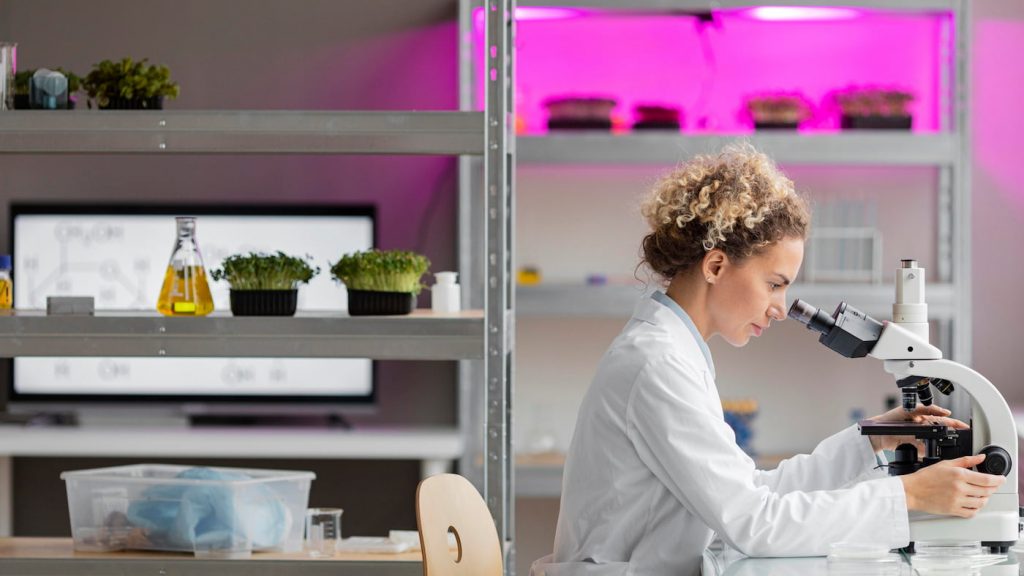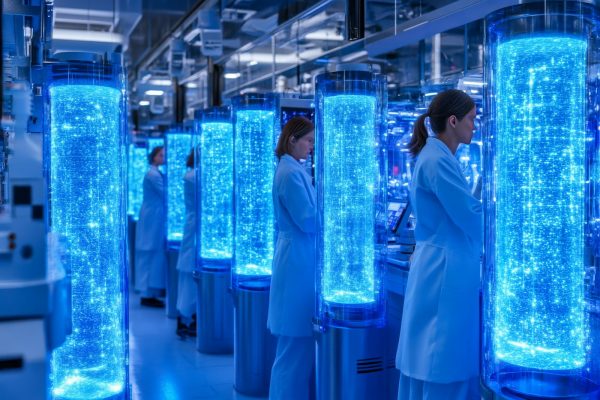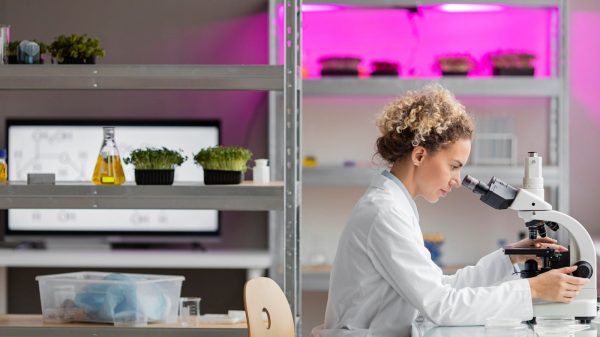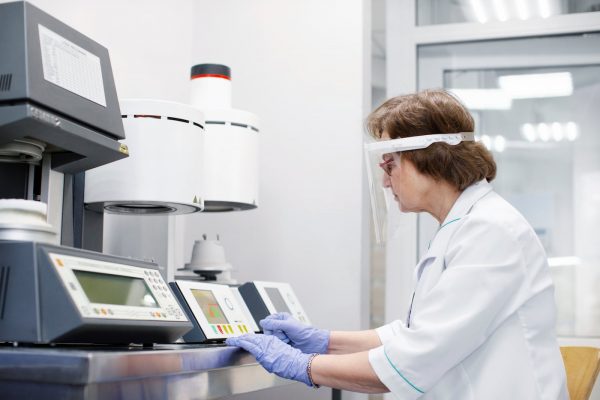Ensuring the safety, efficacy, and consistency of pharmaceutical products is a top priority for manufacturers. Quality control (QC) plays a critical role in every stage of drug production, from sourcing raw materials to delivering the final product to consumers. With strict regulations and growing expectations for transparency, pharmaceutical companies must implement robust QC measures to maintain industry standards and patient trust.
1.Raw Material Testing: The Foundation of Quality
The quality of a pharmaceutical product starts with its raw materials. Manufacturers conduct rigorous testing to verify the purity, potency, and stability of active pharmaceutical ingredients (APIs) and excipients. Advanced techniques such as high-performance liquid chromatography (HPLC) and mass spectrometry help detect contaminants, ensuring that only the highest-quality materials are used in production.
2.In-Process Control: Monitoring Production in Real-Time
Quality control doesn’t just happen at the beginning and end of production—it’s a continuous process. In-process control (IPC) involves monitoring various manufacturing stages to ensure consistency and compliance with specifications. Parameters such as temperature, humidity, and particle size are closely observed to prevent deviations that could compromise product integrity.
3.Finished Product Testing: Ensuring Safety and Efficacy
Before a drug reaches the market, it must undergo rigorous testing to confirm its safety and effectiveness. Finished product testing includes:
- Dissolution testing – Ensuring the drug releases its active ingredients properly.
- Microbial testing – Checking for bacterial contamination.
- Stability testing – Assessing how the drug performs under different environmental conditions over time.
- These tests ensure that every batch meets regulatory requirements before distribution.
4.Regulatory Compliance: Meeting Global Standards
Pharmaceutical quality control is governed by strict regulations from agencies such as the U.S. FDA, the European Medicines Agency (EMA), and Turkey’s Ministry of Health. Compliance with Good Manufacturing Practices (GMP) is mandatory, requiring manufacturers to maintain detailed records, conduct routine inspections, and continuously improve their processes.
5.Advanced Technologies in Quality Assurance
The pharmaceutical industry is embracing advanced technologies to enhance quality control, including:
- Artificial intelligence (AI) and machine learning – Predicting and preventing defects in real time.
- Blockchain technology – Enhancing transparency in the supply chain.
- Automated analytics – Reducing human error and improving accuracy in quality testing.
Ensuring Patient Safety and Trust
A strong quality control system is essential for building consumer confidence and protecting public health. By implementing rigorous testing, continuous monitoring, and cutting-edge technology, pharmaceutical manufacturers can ensure that every product reaching the market is safe, effective, and reliable.
Header Image Idea
For this article, a great header image could be:
A scientist in a pharmaceutical lab analyzing drug samples under a microscope.
A production facility with robotic arms inspecting medicine vials.
A quality control technician in protective gear performing a lab test.
An automated testing system scanning pill batches for defects.




